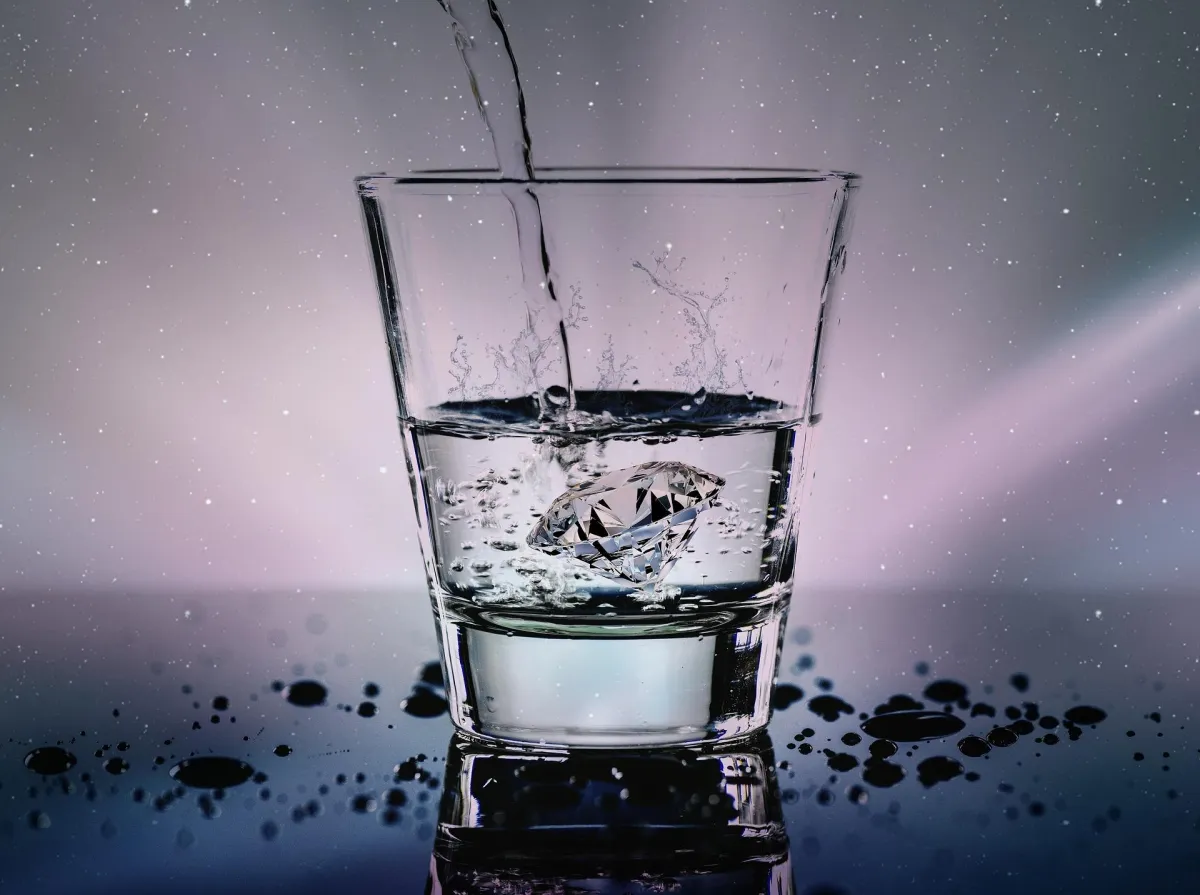
Soft and Salty? There's a Better Way
What does it mean for water to be soft or hard? How do you solve hard water?
When water is “hard,” it just means it has picked up extra minerals, mainly calcium and magnesium, as it flowed through rocks and soil. "Soft" water, on the other hand, has had those minerals removed.
Calcium and magnesium aren’t bad for your health, but can cause grief like spotted dishes and crusty shower heads.
Water softeners use salt and resin beads. Here’s what happens. Hard water enters the tank.The positively charged calcium (Ca²⁺) and magnesium (Mg²⁺) ions in the water are strongly attracted to the resin beads. For every 1 calcium or magnesium ion that sticks, the resin releases 2 sodium ions (Na⁺) into the water. Boom! Ion exchange! (Your high school chemistry teacher would be proud.) Hard ions get trapped on the resin, and sodium goes into your water instead.
Water that goes through a water softener is saltier and thus has a slick and slimy feel, like you haven’t washed the soap off. And that salt isn’t great for your skin and hair, let alone your body.
Oh, and the toxins in your water? The water softener didn’t do anything about them.
But fear not! There is a better way. Purification. We can soften that water without salt AND take out other nasty contaminants and chemicals that get past softeners. And our whole-house system means that your water is great from EVERY tap. Your health, hair and skin will thank you.


